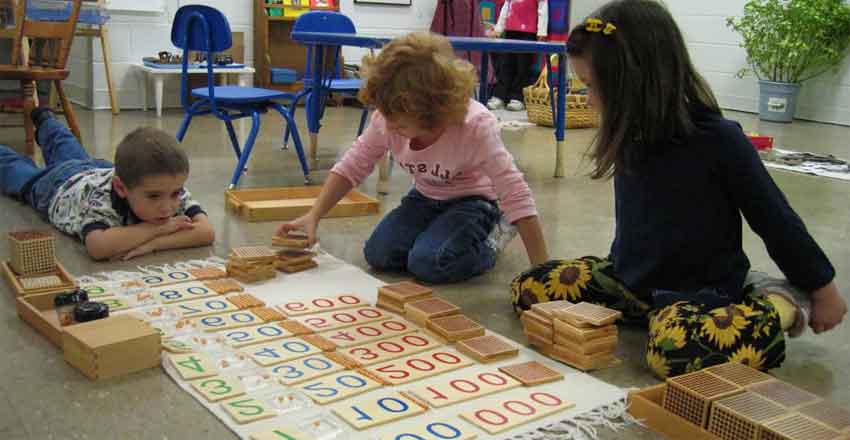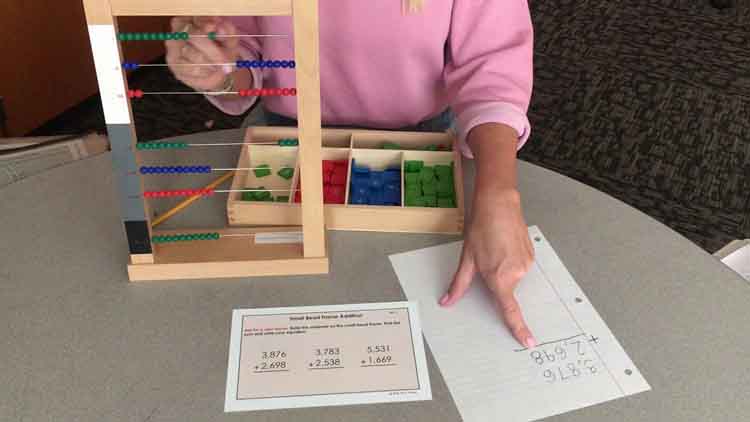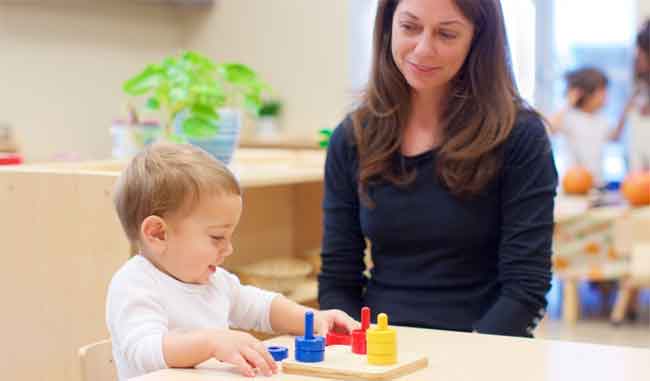The Montessori philosophy is an educational approach developed by Dr. Maria Montessori in the early 20th century. It emphasizes child-led learning, hands-on experiences, and a nurturing environment that fosters independence and creativity. This article explores the core principles of the Montessori philosophy, its benefits, and how it differs from traditional education.
Key Principles of the Montessori Philosophy
1. Child-Centered Learning
At the heart of the Montessori philosophy is the belief that children are naturally curious and eager to learn. In a Montessori classroom, the focus is on the child rather than the teacher. Students are encouraged to choose their activities based on their interests, promoting a love for learning and self-motivation.
2. Prepared Environment
Montessori classrooms are meticulously designed to be inviting and accessible. Materials are arranged at child height, allowing easy access and encouraging exploration. The environment is carefully curated with a variety of learning materials that cater to different developmental stages and interests.
3. Hands-On Learning
Montessori education emphasizes experiential learning through hands-on activities. Students engage with tactile materials that help them understand abstract concepts. For example, children might use beads to learn about math or nature materials to explore scientific principles, reinforcing their understanding through direct experience.
4. Mixed-Age Classrooms
In Montessori settings, children of varying ages are grouped together. This mixed-age approach fosters peer learning, where older students mentor younger ones, enhancing social skills and cooperation. It also allows children to progress at their own pace, promoting individualized learning.
5. Self-Directed Activity
Montessori encourages children to take responsibility for their learning. They have the freedom to choose activities and work at their own pace, which nurtures independence and critical thinking. This self-directed approach helps children develop decision-making skills and confidence.
6. Respect for the Child
Respecting each child as an individual is a cornerstone of the Montessori philosophy. Educators observe and understand each child’s unique needs, interests, and learning styles. This respect fosters a trusting relationship between teachers and students, promoting a positive learning environment.
Benefits of the Montessori Philosophy
1. Enhanced Independence
Children in Montessori programs develop independence as they take charge of their learning. This sense of autonomy empowers them to make choices, solve problems, and take initiative in their education.
2. Improved Academic Performance
Research shows that Montessori students often outperform their peers in traditional educational settings. The emphasis on hands-on learning and critical thinking equips children with essential skills that translate to academic success.
3. Stronger Social Skills
The collaborative nature of Montessori classrooms encourages children to work together, communicate effectively, and develop strong social skills. The mixed-age setting fosters empathy and understanding among students.
4. Lifelong Love of Learning
By nurturing curiosity and allowing children to explore their interests, the Montessori approach cultivates a lifelong love for learning. Students become enthusiastic, engaged learners who are motivated to pursue knowledge throughout their lives.
How Montessori Differs from Traditional Education
1. Teacher’s Role
In traditional education, teachers are often the primary source of knowledge, delivering lectures and directing activities. In contrast, Montessori educators act as guides or facilitators, providing support and resources while allowing children to lead their learning.
2. Curriculum Structure
Traditional education typically follows a rigid curriculum with standardized tests and grades. Montessori education is more flexible, allowing children to explore subjects at their own pace and pursue their interests without the pressure of formal assessments.
3. Learning Environment
Traditional classrooms often have rows of desks facing the teacher, promoting passive learning. Montessori classrooms are designed to be dynamic and interactive, encouraging movement and collaboration among students.
The Montessori philosophy represents a transformative approach to education, emphasizing child-led learning, independence, and respect for each individual. By fostering a nurturing environment where children can explore and engage with the world around them, Montessori education not only promotes academic success but also cultivates a lifelong love of learning. As more parents and educators recognize the benefits of this philosophy, Montessori schools continue to grow, offering an enriching alternative to traditional education.
By understanding the principles and benefits of the Montessori approach, parents and educators can make informed decisions about the best educational path for children, ensuring they thrive in their learning journey.




